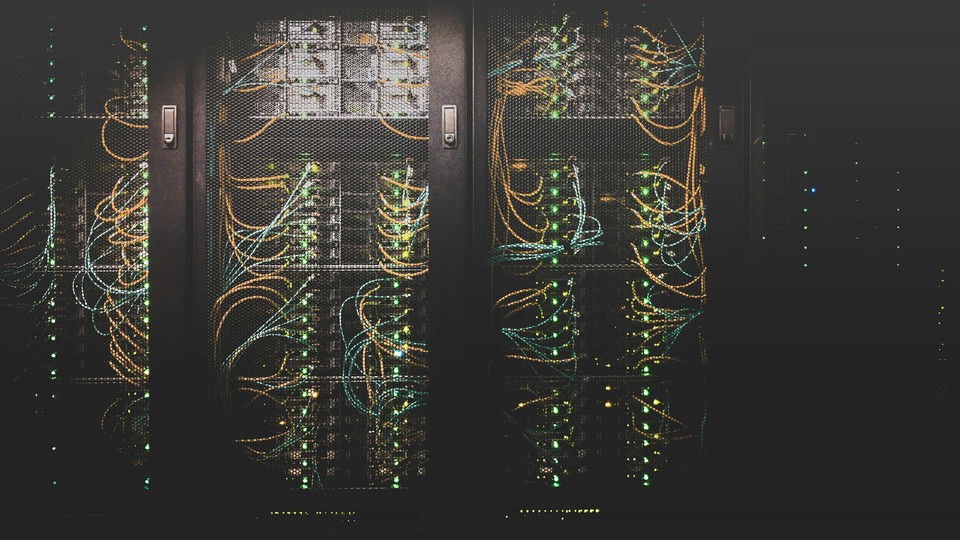
Classical Instruments
Revisiting the merits of nondigital data collecting
Based on research by Michelle "Mikki" Hebl
Revisiting the merits of nondigital data collecting
- Academics have learned quickly that investigations based on data from online research agencies can have problems. Among them: researchers can’t see who is taking a survey and even if they are who they claim to be.
- Four tried and true methodologies offer solutions. Field experiments, good old-fashioned observation, archival research and big data represent viable alternatives to excessive reliance on Mechanical Turk and other online research agencies.
- While each of these methods may have drawbacks, taken together they offer a remarkable range of techniques for advancing social science. Together, they force academics to get out and explore the real world.
Academics are learning quickly that investigations based on data from online research agencies have their drawbacks. Thousands of such studies are released every year – and if the data is compromised, so too are the studies themselves.
So it’s natural for researchers, and the managers who rely on their findings, to be concerned about potential problems with the samples they’re studying. Among them: participants who aren’t in the lab and researchers who can’t see who is taking their survey, what they are doing while answering questions or even if they are who they claim to be online. In the wake of a 2018 media piece about Amazon’s Mechanical Turks Service, “Bots on Amazon’s MTurk Are Ruining Psychology Studies,” one psychology professor even mused, “I wonder if this is the end of MTurk research?” (It wasn’t).
To tackle this problem, Rice Business professor Mikki Hebl joined colleagues Carlos Moreno and Christy Nittrouer of Rice University along with several other colleagues to highlight the value of other research methods. Four alternatives – field experiments, archival data, observations and big data – represent smart alternatives to overreliance on online surveys. These methods also have the advantage of challenging academics to venture outside of their laboratories and examine real people and real data in the real world.
Field experiments have been around for decades. But their value is hard to overestimate. Unlike online studies, field experiments enhance the role of context, especially in settings that are largely uncontrolled. It’s hard to fake a field experiment in order to create positive results since each one costs a considerable time and money.
And field experiments can yield real-life results with remarkable implications for society at large. Consider one experiment among 56 middle schools in New Jersey, which found that spreading anti-conflict norms was hugely successful in reducing the need for disciplinary action. Such studies have an impact well beyond what could be achieved with a simple online survey.
The best way to get started with a good field experiment, Hebl and her colleagues wrote, is for researchers to think about natural field settings to which they have access, either personally or by leveraging their networks. Then, researchers should think about starting with the variables critical for any given setting and which they would most like to manipulate to observe the outcome. When choosing variables, it’s helpful to start by thinking about what variable might have conditions leading to the greatest degree of behavior change if introduced into the setting.
Archival data is another excellent way to work around the limitations of online surveys, the researchers argue. These data get around some of the critical drawbacks of field research, including problems around how findings apply in a more general way. Archival data, especially in the form of state or national level data sets, provide information and insight into a large, diverse set of samples that are more representative of the general population than online studies.
Archival data can also help answer questions that are either longitudinal or multilevel in nature, which can be particularly tricky or even impossible to capture with data collected by any single research team. As people spend increasing amounts of time on social media, the internet also serves as a source of newer forms of archival data that can lend unique insights into individuals’ thoughts, attitudes, and behaviors over time.
With every passing year, technology becomes increasingly robust and adept at collecting massive amounts of data on an endless variety of human behavior. For the scientists who research social and personality psychology, the term “big data” refers not only to very large sets of data but also to the tools and techniques that are used to analyze it. The three defining properties of Big Data in this context include the speed of data processing and collection, the vast amount of data being analyzed and the sheer variety of data available.
By using big data, social scientists can generate research based on various conditions, as well as collect data in natural settings. Big data also offers the opportunity to consolidate information from huge and highly diverse stores of data. This technology has many applications, including psychological assessments and improving security in airports and other transportation hubs. In future research, Hebl and her team noted, researchers will likely leverage big data and its applications to detect our unconscious emotions.
Big data, archival information and field studies can all be used in conjunction with each other to maximize the fidelity of research. But researchers shouldn’t forget even more old-fashioned techniques, including the oldest: keen observation. With observation, there are often very few, if any, manipulations and the goal is simply to systematically record the way people behave.
Researchers – and the managers who make decisions based on their findings – should consider the advantages of old-style, often underused methodologies, Hebl and her colleagues argue. Moving beyond the college laboratory and digital data survey-collection platforms and into the real world offers some unparalleled advantages to science. For the managers whose stock prices may hinge on this science, it’s worth knowing – and understanding – how your all-important data was gathered.
Mikki Hebl is the Martha and Henry Malcolm Lovett Professor of psychology at Rice University.
Carlos Moreno is a graduate student at Rice University.
Christy Nittrouer is a graduate student at Rice University.
Ho Kwan Cheung is a graduate student at George Mason University.
Eden B. King is an associate professor at George Mason University.
Hannah Markellis a graduate student at George Mason University.
To learn more please see: Cheung, H. K., Hebl, M., King, E. B., Markell, H., Moreno, C., & Nittrouer, C. (2017). Back to the Future. Social Psychological and Personality Science, 8(5), 564–572. https://doi.org/10.1177/1948550617709113
Never Miss A Story


